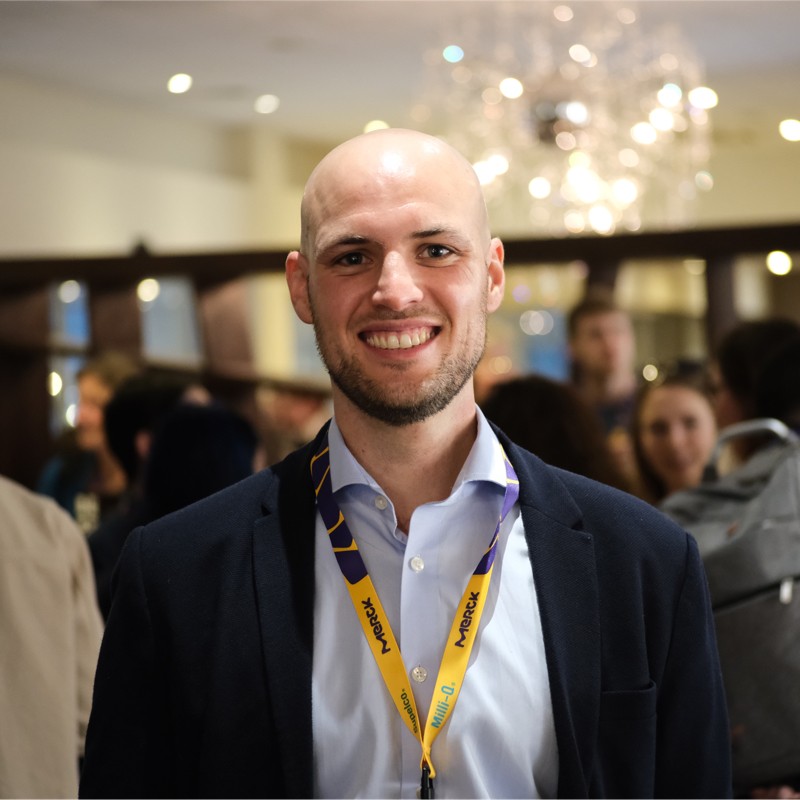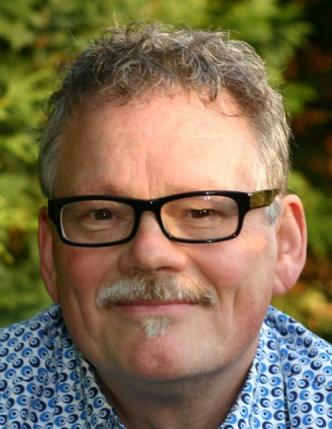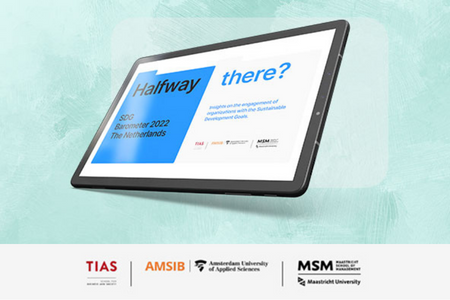Fortieth Dies Natalis celebrates the opening of the anniversary year and the conferral of three honorary doctorates
Maastricht University conferred honorary doctorates to professors Detlev Ganten, Susan Rose-Ackerman and Paul de Grauwe during the fortieth Dies Natalis celebrations on 11 January. The professors were awarded a doctorate in honour of their outstanding contribution to academic research and education. The Dies lecture titled, 'Turning out hamburgers: A typical academic enterprise' was delivered by Professor Mark Post. The festivities, marking the start of the 40th anniversary year, also included the conferral of the Wynand Wijnen Education Prize, the Dissertation Prize and the Student Award. Wim Vluggen, who has conducted the university choir for more than twenty years, was also honoured. To thank him for his dedicated commitment to the choir and to UM, he was appointed university Precentor.
Honorary doctorates
Three honorary doctorates were conferred during the Dies celebrations. Detlev Ganten, professor of Pharmacology and Molecular Medicine, received an honorary doctorate for his fundamental contributions to our understanding of one of the most important regulatory systems in the cardiovascular field and also for his decisive support in setting up MaCSBio as the structural basis of systems biology research at Maastricht University.
Susan Rose-Ackerman received an honorary doctorate for her contributions to research on the smart mix of instruments that can be employed to fight environmental pollution. But she also receives this doctorate for her research on regulation, federalism and corruption, thus showin how the quality of government can be improved.
Paul de Grauwe was awarded an honorary doctorate for his contributions to research on international monetary relations and open-economy macroeconomics on which he has al written influential text books. But he also receives this doctorate for his many contributions to the policy debates about the current situation in Europe and the future of Europe.
Maastricht University: forty years young
Maastricht University celebrates its fortieth anniversary in 2016. During the Dies celebrations we looked back on the university's forty-year history and its many accomplishments over the years. A compilation of six video portraits was presented, which included all of the university's living former rectors. The individual portraits and the compilation can be viewed at www.maastrichtuniversity.nl/jubileum.
The ceremony also looked forward to determine how research and education can contribute to solving future challenges. In 2016 several events will be organised to celebrate the university's fortieth anniversary. The main theme will be ‘connecting to people in the city’.
This prize was awarded to Dr Anja Krumeich for her involvement in establishing the Master of Global Health. The jury praised her contributions to this master's programme. 'Her structural efforts were unique in terms of their quality and their quantity. Dr Krumeich is an example for her colleagues both inside and outside UM,' according to the jury.
Dr Krumeich's involvement in the Master of Global Health was an important contribution to the development of innovative forms of educational innovation. As an internship coordinator, she helps fifty to eighty students find internships each year and thereby maintains, enhances and improves the existing global network. With her enthusiasm and strong social ties, she is capable of forging a solid international team that is prepared to invest in the continuous quality control and improvement of this excellent master's programme. Global Health was ranked first in the 2013 Keuzegids Master’s edition and second in the 2015 edition.
Dissertation Prize
Tom de Graaf of the Faculty of Psychology and Neuroscience won the Dissertation Prize for his dissertation titled, 'Brain in sight: Probing the neural dynamics underlying conscious vision.'
The jury about his dissertation: 'Tom provided a conceptual and theoretical framework for the fundamental question of how consciousness can be studied in the human brain. He used all available modern techniques in empirical brain research and developed new perspectives on this problem. The dissertation was the inspiration for nineteen high-quality scientific publications. It has since become an internationally renowned and widely recognised scientific work that is extremely readable. He is capable of presenting extremely complex research in a very accessible way.'
Student Awards
A Student Award was awarded to twenty-one bachelor's students and nine master's students for the best bachelor and master's theses of 2015. The winners of the bachelor and master's theses can be found at www.maastrichtuniversity.nl/dies.
Also read
-
A breakthrough in cultured meat research-animal component free production
-
The Netherlands Organisation for Scientific Research (NWO) has awarded a grant under the SGW open competition to a research proposal written by Prof Dr Math Noortmann (Institute for Transnational and Euregional cross border cooperation and Mobility / ITEM) and Prof Dr J.B.M. Koning (UM School of...
-
Since the 2015 adoption of the Sustainable Development Goals (SDGs) and the 2030 deadline, the first Dutch national SDG Barometer study shows that there is a lot to be optimistic about.


